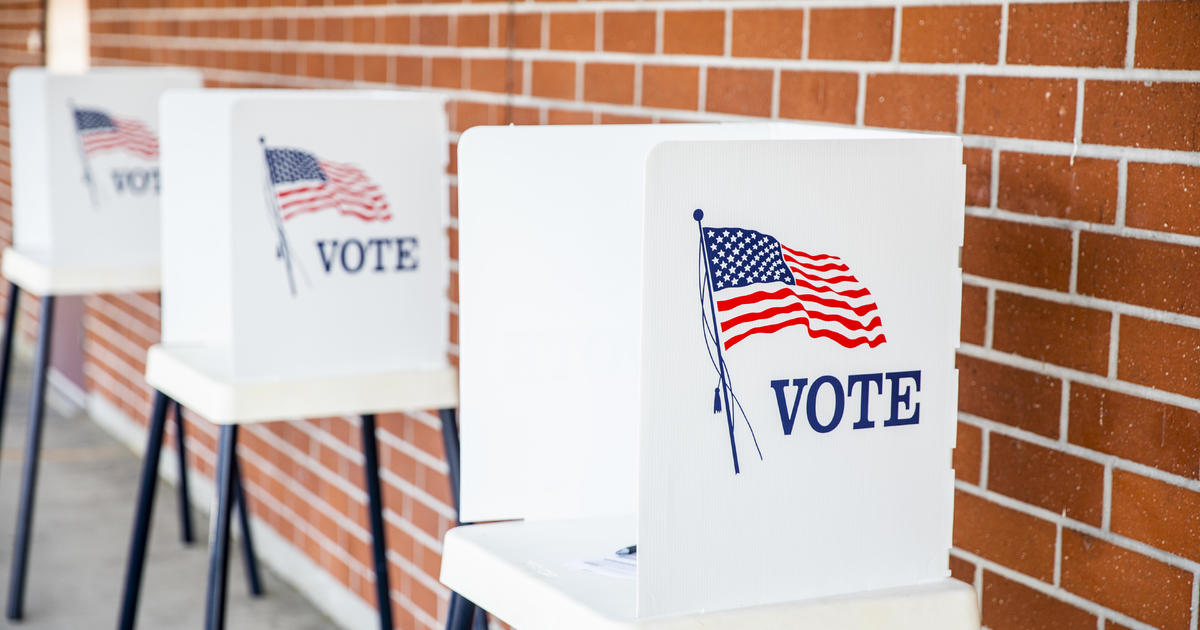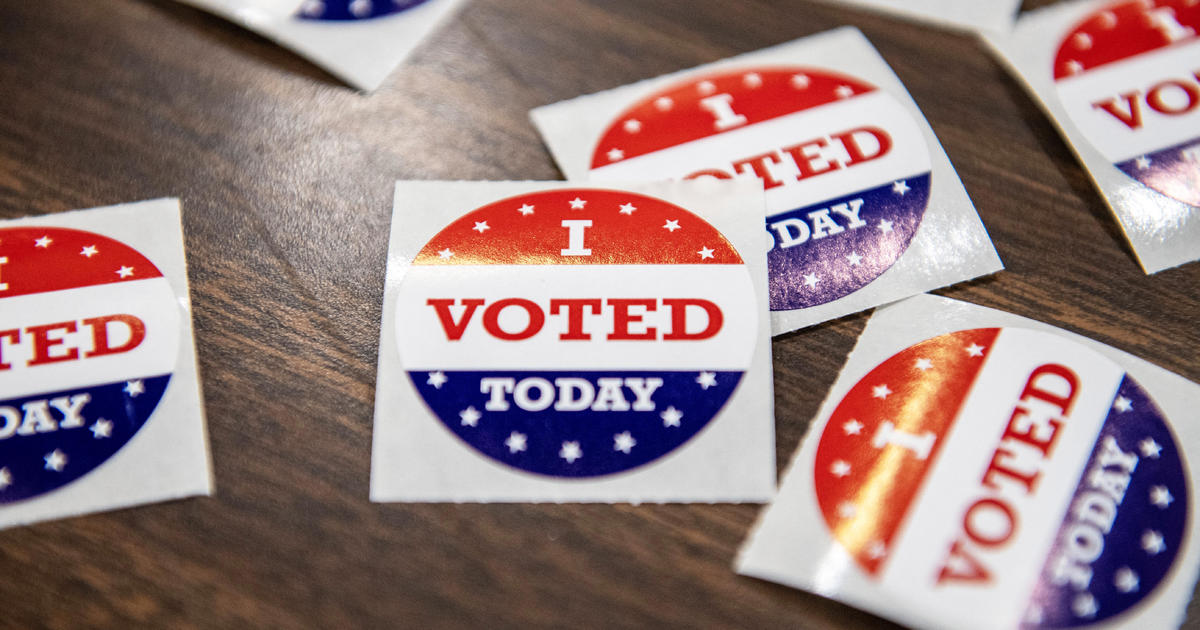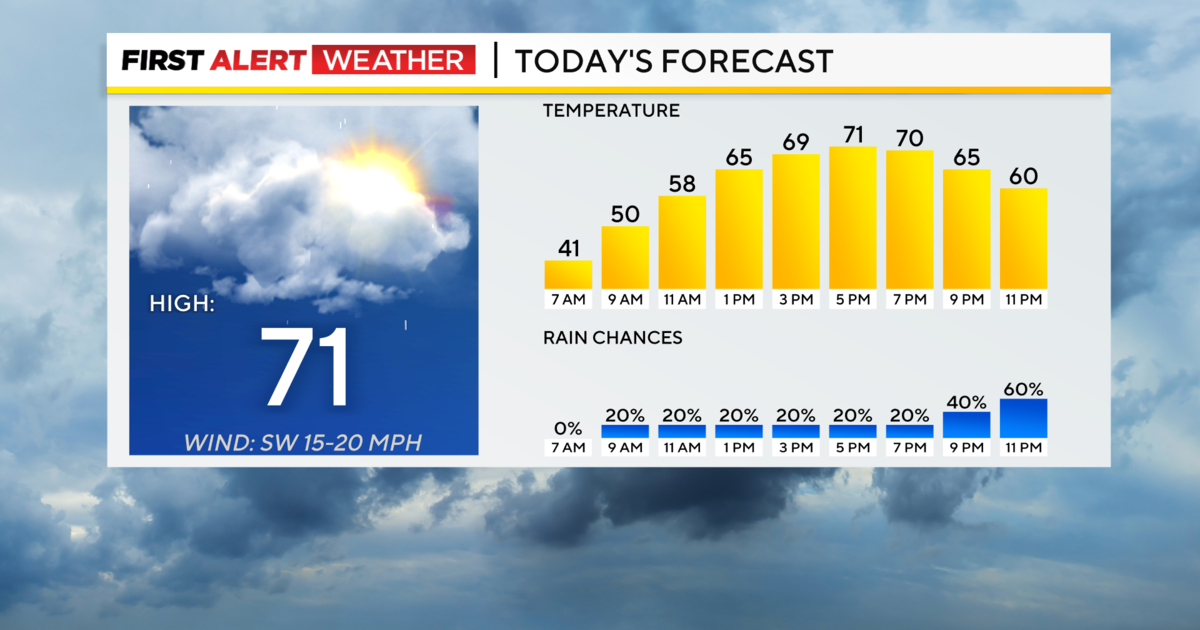Inside Politics With Jon Delano: Coronavirus Leads Lawmakers To Seek Alternative Ways Of Legislating
PITTSBURGH (KDKA) - With medical experts telling everyone to engage in "social distancing" by not gathering in numbers in excess of ten and for those over 60 to "self-isolate," lawmakers across the United States could soon abandon some of their most traditional practices.
On Monday, the Pennsylvania House of Representatives voted for several rule changes that will allow them to vote remotely by proxy from their homes, instead of requiring them to be on the House Floor in Harrisburg.
This is a radical rule change.
Almost all legislative bodies require an in-person presence to vote based on the common-sense belief that lawmakers should hear the debate from their colleagues on important issues. Of course, with the widespread use of video, both broadcast and live-stream, lawmakers can theoretically watch the debate in their Washington or Harrisburg offices before rushing to the Floor to vote.
Still, the concept has always been the same. You cannot "phone in" your vote! You must physically be present. For the state House, that's a gathering of 203 lawmakers plus plenty of staff, well in excess of safe social limits during this pandemic.
Now to be clear, this is an emergency measure designed to be temporary during this period in which the Governor has declared a state of emergency. Once he revokes the emergency, the ability to vote by proxy ends.
Here's the way lawmakers tell me it will work.
First, lawmakers can only vote on measures without being present in the House chamber when both the Republican and Democratic leaders agree that a particular issue should get such a vote. That is designed to prevent partisan ram-rodding of bills that may have nothing to do with the emergency.
Second, the lawmaker must submit a written form, acknowledging that he or she wants the vote to be cast by his or her party's representative, the majority or minority whip (or his designee) who will be on the House floor.
Third, the form essentially turns over the lawmaker's vote on all issues to somebody else present in the chamber, although the proxy can be revoked at any time.
Here's the language:
"I, ______, representing the ____ legislative district in the Pennsylvania House of Representatives, do hereby depose and say: I hereby designate the Majority/Minority Whip _________, to cast my vote on any question before the House. I will not be present in the Hall of the House, and this designation shall be effective, from _____ (commencement date) to ______ (expiration date), unless sooner revoked."
The same process can also be used for House committee votes, allowing a lawmaker in Pittsburgh to give his vote to his or her Republican or Democratic committee chair in Harrisburg.
So far, the 50-member state Senate has not adopted any similar rules. But Senate Democratic Leader Jay Costa tells me the Senate will be in session on Wednesday for the adoption of a rule to conduct business remotely. It's not clear yet how exactly that will work.
In Washington, the 435 members of the U.S. House of Representatives have no plans yet to vote by proxy. But nearly half of the House, 47 percent, are over age 60. Having passed an $8.3 billion Coronavirus bill worked out between House Speaker Nancy Pelosi, House Democratic & Republican Leaders, and the Trump administration, the House is now in recess, at least until March 23. That recess could be extended, although members are likely to be called back to vote on an economic stimulus package now in the works.
The U.S. Senate is even older with 60 of the 100 senators over the age of 60. In fact, many Senators are in their 70s and 80s, and most want to get out of Washington quickly. But they are stuck at the Capitol because they have not yet passed the bi-partisan agreement approved by the House.
The Senate has strict rules against proxy voting, but on Tuesday U.S. Sen. Dick Durbin, the Democratic Whip, raised the possibility of a rules change to allow senators to vote without showing up at the Capitol. He also raised the possibility of video conferencing for committee hearings. Still, the Senate doesn't change rules easily, and it's not clear if or when agreement on changes can happen.
It's easy to dismiss all this as procedural poppycock. But the Coronavirus pandemic, in the view of some, could spur stodgy legislative bodies to adopt some 21st-century technologies to enable "remote" legislating. But others worry that lost in the shuffle will be both the safeguards and informed debate that comes from "in-person" lawmaking.
What do you think? One way or the other, this pandemic is forcing lawmakers to confront the issue.



